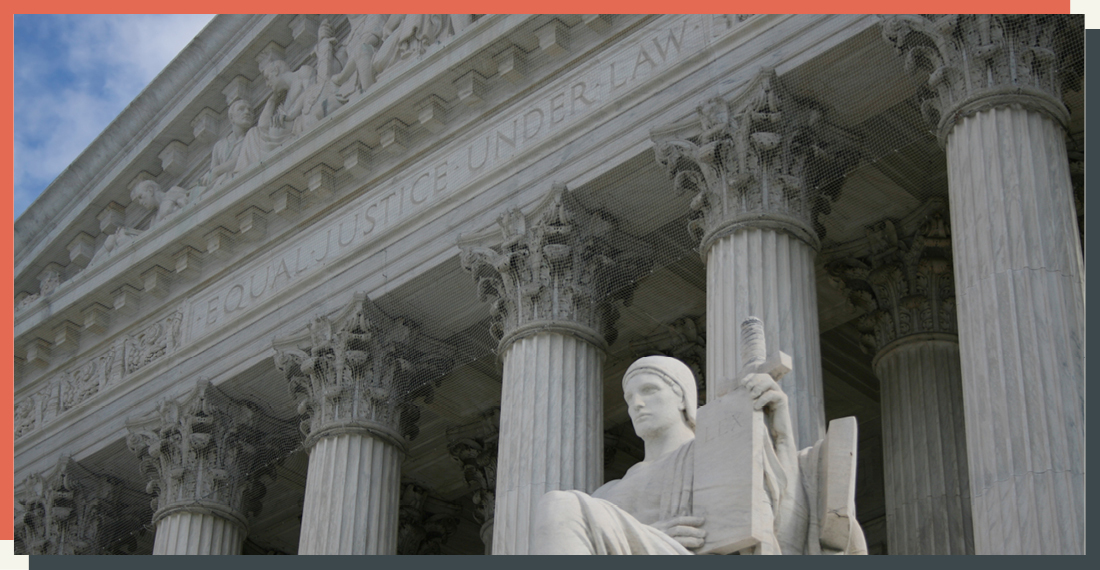On behalf of the American Bar Association (ABA), attorneys at Selendy Gay filed an amicus brief in Moore v. Harper, a case with profound implications for federal elections. Partners Andrew Dunlap, Faith Gay, and Caitlin Halligan and associates Max Siegel and Jeffrey Zalesin authored the brief.
The brief expresses the ABA’s strong belief that a legal theory giving state legislatures unfettered authority to set rules for federal elections “would undermine the rule-of-law constraints that protect the integrity of federal elections, and that, in turn, would pose a severe threat to republican democracy.”
Moore v. Harper arose from the 2021 adoption of a new congressional voting map by the North Carolina General Assembly. That map was challenged in state courts on the ground that it was a partisan gerrymander that violated the state constitution. In February 2022, the North Carolina Supreme Court struck down the use of the map in the 2022 elections.
That decision was appealed by the legislators, bringing the case to the U.S. Supreme Court where it has drawn attention to questions of whether state constitutions and state courts constrain state legislatures when regulating a federal election.
The amicus brief filed by Selendy Gay asks the U.S. Supreme Court to affirm the North Carolina Supreme Court’s decision. It draws on history from the founding of the United States and evidence of the Framers’ intent to protect the rule of law in elections, especially through checks and balances such as judicial review.
The ABA considers Petitioners’ attempted use of “independent state legislature theory” (ISLT) dangerous and ahistorical to the intent of the Framers, who feared the growth of legislative power through models like ISLT and sought to keep elections free and fair through the enforcement of state constitutional rules by independent state courts.
Further, the brief argues that weakening the rule of law in federal elections would have severe practical consequences, including giving partisan majorities in state legislatures unchecked power to gerrymander congressional districts and set rules for federal elections that ignore many state constitutional protections, including the openness of voter registration, the availability of absentee voting, and the secret ballot. The Framers never intended state legislators to be unconstrained.
In the wake of the contentious 2020 presidential election, Moore v. Harper has rekindled debate over how much power state legislatures have in making rules overseeing federal elections.
As the country’s largest association of lawyers and judges, the American Bar Association strongly supports the rule of law and seeks to defend election protection.




